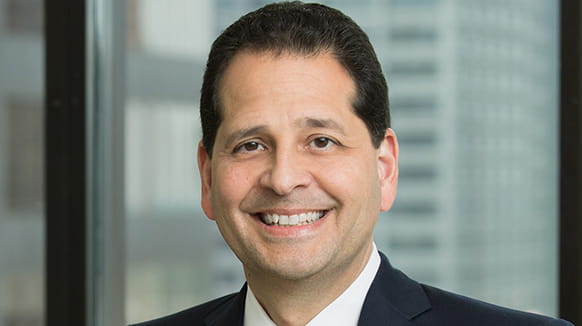Several new regulations and administrative guidelines affecting the hydrocarbons and power industries have been issued derived from the implementation of the Mexican Energy Reform.
On January 23, 2019, the National Agency for Industrial Safety and Environmental Protection of the Hydrocarbons Sector (“ASEA”) published in the Federal Official Gazette (Diario Oficial de la Federacion) the Administrative Guidelines for the Design, Operation, Maintenance and Abandonment of Transloading Facilities related to Transportation and/or Distribution of Hydrocarbons and Fuels by Means other than Pipelines (the “Transloading Guidelines’).
The Transloading Guidelines establish the technical elements and minimum requirements for industrial safety, operational safety and environmental protection for regulated parties carrying out transloading activities related to transportation and/or distribution by means other than pipelines including in storage facilities, distribution and processing plants where there is transloading between a Transportation or Distribution Unit to another Transportation or Distribution Unit.
Moving hydrocarbons or fuels between any of the following units is considered transloading: cargo tank motor vehicle, semi-trailer, truck tanker, oil tanker vessel, and barge.
Transloading facilities that are part of any storage, distribution, processing plant or compressed natural gas (CNG) charge and discharge modules as well as other transloading facilities already regulated by their specific Mexican technical standards, Mexican Emergency Standards or other General Administrative Guidelines are expressly excluded from the application of these Transloading Guidelines.
ASEA has express authority to apply and interpret the Transloading Guidelines and its Exhibits for administrative purposes.
In connection with environmental protection, regulated companies carrying out activities in the hydrocarbons sector will have direct and strict liability and will be liable before ASEA for the necessary actions required to avoid, contain, evaluate, remediate and prevent environmental damages, based on ASEA's administrative jurisdiction.
Therefore, regulated companies shall have insurance with adequate coverage for civil and environmental liability covering damages and actual and direct lost profits towards third parties or towards the environment for transloading activities. Moreover, regulated companies shall carry out the corresponding risk analysis and comply with all applicable Mexican technical standards (NOMs) or their equivalent international standards.
Finally, regulated companies shall comply with all the requirements of the Transloading Guidelines, including design, construction, start-up, operation, maintenance and special provisions applicable to LNG, LPG, crude oil and fuel oil.
Companies carrying out transloading activities before the entry into force of the Transloading Guidelines are not required to comply with the design, construction and start-up obligations. However, they have a deadline of May 23, 2019 to comply with the obligations indicated in Chapter II of the Transloading Guidelines.
Pasante Sergio Guerrero contributed to this alert.





